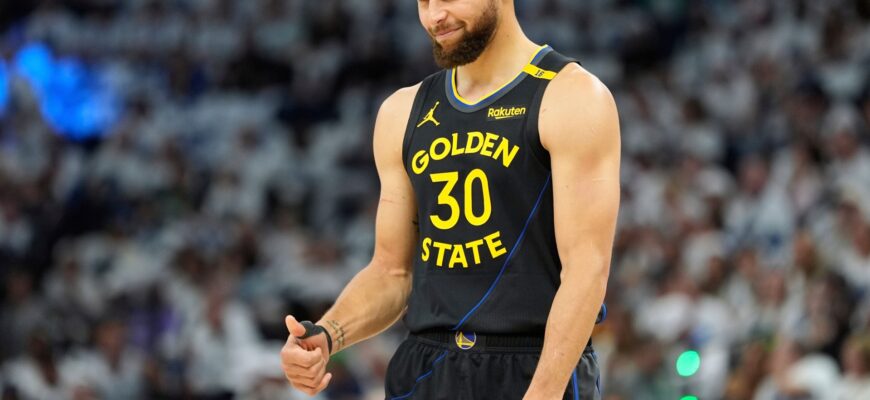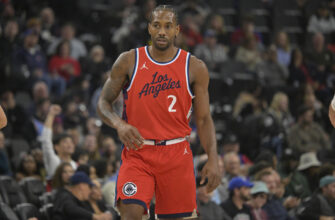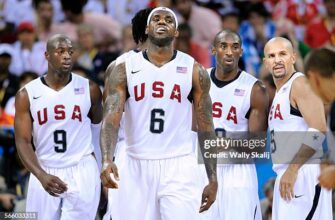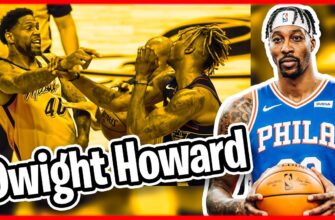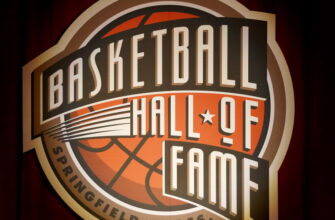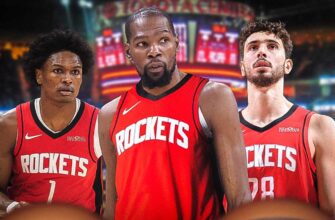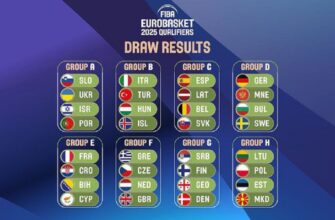The Golden State Warriors secured a crucial Game 1 victory against the Minnesota Timberwolves in their second-round series on Tuesday, gaining home-court advantage despite being the lower seed. However, this win came at a significant price. Following his departure from the game due to a hamstring issue, their star guard, Stephen Curry, was diagnosed on Wednesday with a Grade 1 strain.
With Curry expected to be sidelined for at least the next week, potentially missing a minimum of three games, the Warriors face the challenge of maintaining their shooting prowess, which was evident even after his exit in Game 1, to remain competitive in the series.
This analysis explores how Golden State plans to cope without Curry in Game 2 and assesses the urgency of his return for the team to realistically contend for a spot in the conference finals, a stage they haven`t reached since their 2022 championship run where Curry earned Finals MVP honors.
Warriors` Shooting Edge: Likely Unsustainable
Golden State held a 10-point lead when Curry exited the game shortly after hitting a three-pointer, bringing his total to 13 points in just as many minutes played. Impressively, the Warriors managed to extend this lead to as much as 23 points before successfully fending off a late fourth-quarter surge from Minnesota.
Even without the league`s premier shooter, the Warriors performed well from beyond the arc in the crucial third quarter, hitting 5 of 9 attempts. Buddy Hield contributed significantly with three triples, extending his hot shooting from the Game 7 win against the Houston Rockets. Draymond Green also surprisingly stepped up, sinking four three-pointers – his highest tally in a playoff game since 2017 – with two coming immediately after Curry`s departure.
Conversely, the Timberwolves` poor shooting continued from their five-game series victory over the Los Angeles Lakers, where they shot a dismal 7-of-47 from three in Game 5. Minnesota failed to make any of their 15 first-half three-point attempts and missed 16 in a row before Naz Reid finally ended their drought early in the third quarter. They concluded the game shooting just 5-of-29 (17%) from three, marking their second-lowest percentage of the season, slightly better only than their performance in Game 5.
This shooting disparity is unlikely to persist in Game 2. Interestingly, past data shows little correlation between three-point shooting percentages in the first two games of a playoff series over the last decade, suggesting Game 1 performance isn`t a strong predictor.
Golden State`s significant edge in three-point scoring (outscoring Minnesota by 39 points from deep in Game 1) was crucial. However, if that difference is neutralized, the Timberwolves would likely be favored, especially without Curry available.
Adjusting Without Steph
Offensive production without Curry has historically been a challenge for Golden State, even during their successful run of five straight Finals appearances and three championships from 2015 to 2019. This season, according to Cleaning the Glass, Warriors lineups playing without Curry ranked in the bottom 11% of the league in offensive efficiency during the regular season.
Nonetheless, the addition of Jimmy Butler at the trade deadline offers Golden State a chance to piece together a competitive offense. Butler is not only a superior playmaker compared to other point guard options on the Warriors – a role primarily filled by natural wing Brandin Podziemski as Curry`s backup for much of the first half – but his skill in getting to the free-throw line provides a reliable baseline for Golden State`s efficiency.
According to Cleaning the Glass, lineups featuring Butler but not Curry maintained a league-average scoring rate following the trade deadline. Crucially, these lineups also significantly outscored opponents by 12.8 points per 100 possessions, primarily due to their elite, 99th-percentile defense.
A significant challenge for Warriors coach Steve Kerr in the upcoming games will be managing Butler`s workload to prevent overexertion. Butler himself has been dealing with an injury, having sat out Game 3 against Houston in the first round due to a pelvis contusion. Since his return, he has averaged 20.4 points but has shot only 42% from the field.
Coach Kerr and his staff must carefully decide when to give Butler rest, as his absence leaves the team without its primary playmaker. In Game 1, the Warriors staggered his minutes with Draymond Green in the second half, resting Butler for the final few minutes of the third quarter, during which the team held a plus-1 advantage.
With regular-season contributors Moses Moody and Quinten Post facing difficulties, Curry`s injury also necessitated coach Kerr utilizing more players from his roster on Tuesday. Jonathan Kuminga saw 13 minutes of action, scoring five points, while Pat Spencer provided an unexpected spark with four points and two steals, especially notable as he had only played the final eight seconds of Game 7 against the Rockets.
Curry`s Absence Shifts Series Favor to Minnesota
Typically, a road win in Game 1 of what was considered an evenly matched series would give the Warriors a distinct advantage. However, due to Curry`s injury, the Minnesota Timberwolves are now viewed as stronger favorites than before the series began. Their current odds (-200) imply roughly a 65% probability of winning the series.
Factoring in Curry`s absence alongside the common trend of home teams rebounding in Game 2 after a Game 1 loss, Minnesota is favored by 10.5 points for Thursday`s game. They are also expected to be favorites, albeit by smaller margins, for Games 3 and 4 played in Golden State.
Aside from the duration of Curry`s absence, another concern for the Warriors is his effectiveness upon his return. If he attempts to come back too quickly, his movement and overall performance could be somewhat limited.
As a cautionary example, James Harden returned prematurely from what he characterized as a more severe Grade 2 hamstring strain during Game 1 of the 2021 conference semifinals for the Brooklyn Nets, following teammate Kyrie Irving`s injury in Game 4. Visibly hampered by limited mobility, Harden averaged only 14.3 points per game on 31% shooting over the final three games, as Brooklyn ultimately lost the series in Game 7 overtime.
The risk of re-injury is also a significant concern with hamstring strains. Any wins the Warriors can secure while he is out will alleviate pressure and allow him more time to recover closer to full health before returning. Regardless, Curry`s injury fundamentally alters the perspective on the Warriors` unexpected Game 1 win.

